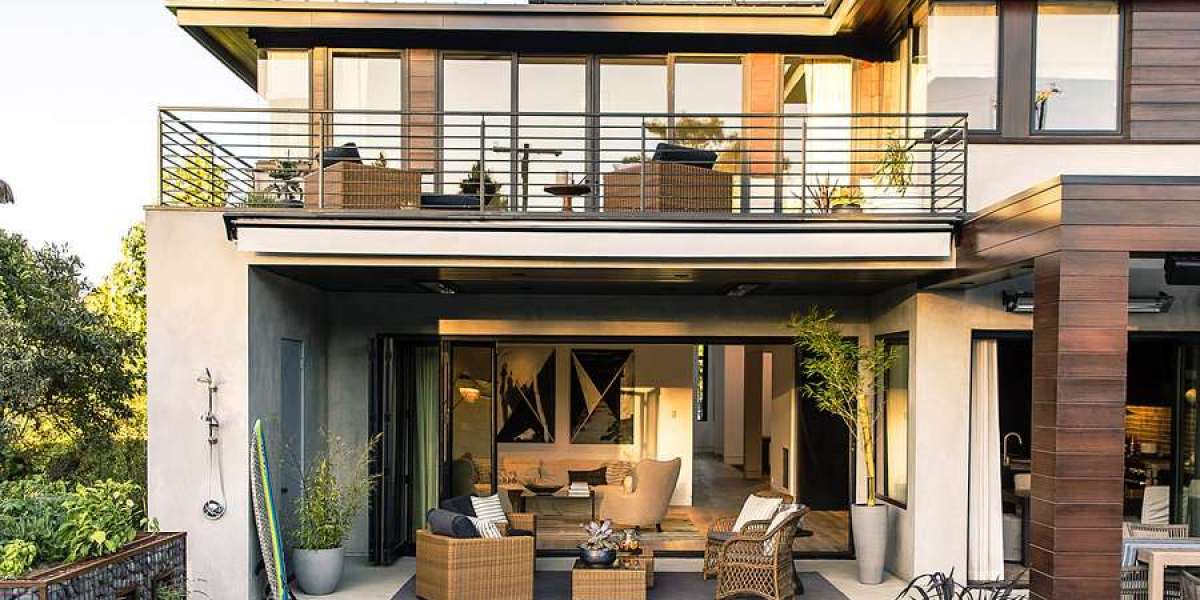In today's fast-paced world, the integration of technology into our daily lives has become increasingly essential. At Creative Mind Technologies, we believe that a smart home controller is the cornerstone of a modern, efficient living space. This article delves deep into the features, benefits, and considerations of implementing a smart home controller in your residence, offering comprehensive insights that will help you make an informed decision.
What is a Smart Home Controller?
A smart home controller serves as the central hub that connects various smart devices within your home. From lighting and heating to security systems and appliances, this controller enables seamless communication and control of these devices through a single interface. By consolidating the management of different systems, a smart home controller simplifies the user experience and enhances overall efficiency.
Key Features of Smart Home Controllers
1. Centralized Control System
One of the standout features of smart home controllers is their ability to offer centralized control over multiple devices. Instead of relying on numerous apps for each device, homeowners can manage all their smart technology from a single platform. This integration not only saves time but also reduces complexity.
2. Automation and Scheduling
Smart home controllers provide the functionality to automate tasks and schedule operations. Homeowners can set specific times for lights to turn on or off, adjust the thermostat before arriving home, or even program security cameras to activate at night. This feature not only enhances convenience but also contributes to energy efficiency.
3. Voice Control Integration
Many smart home controllers are compatible with voice-activated systems such as Amazon Alexa, Google Assistant, and Apple HomeKit. This integration allows users to control their devices with simple voice commands, making it easier to manage home environments without needing to physically interact with the controller.
4. Remote Access and Control
In an increasingly mobile world, the ability to manage your home remotely is invaluable. Smart home controllers enable homeowners to monitor and control their systems from anywhere using their smartphones or tablets. Whether you need to check if you left the lights on or adjust the thermostat while away, remote access ensures peace of mind.
5. Energy Monitoring and Management
Smart home controllers often come equipped with energy monitoring features that track consumption patterns. By understanding how and when energy is used, homeowners can make informed decisions to reduce their energy bills and minimize their environmental impact.
Benefits of Implementing a Smart Home Controller
1. Enhanced Security
Security is a top priority for any homeowner. A smart home controller can integrate various security devices, including cameras, door locks, and alarms, into one system. This centralized approach allows for real-time monitoring and alerts, enhancing the safety of your home.
2. Increased Convenience
The convenience factor of a smart home controller cannot be overstated. By allowing users to automate routine tasks and control multiple devices from a single interface, these controllers simplify daily life. Imagine arriving home to a well-lit space with the temperature set just right—all without lifting a finger.
3. Customizable Experiences
Smart home controllers offer a high degree of customization, enabling homeowners to tailor their environments according to personal preferences. Whether it's adjusting the ambiance with smart lighting or creating personalized heating schedules, the options are virtually limitless.
4. Improved Energy Efficiency
By facilitating automation and monitoring, smart home controllers contribute significantly to energy efficiency. Users can optimize their energy use based on real-time data, leading to substantial cost savings over time.
5. Future-Proofing Your Home
Investing in a smart home controller positions your home for future upgrades. As technology continues to advance, a robust smart home system can easily adapt to incorporate new devices and functionalities.
Choosing the Right Smart Home Controller
When selecting a smart home controller, several factors should be considered to ensure you make the right choice for your needs.
1. Compatibility with Devices
Before purchasing a smart home controller, it’s crucial to verify its compatibility with your existing devices. Look for a system that supports a wide range of smart home products to ensure seamless integration.
2. User Interface and Experience
The ease of use is paramount. A user-friendly interface allows for quicker adaptation and smoother operation. Test different systems to find one that suits your style and preferences.
3. Connectivity Options
Consider how the smart home controller connects to your devices. Systems that use Wi-Fi, Zigbee, or Z-Wave may offer different benefits. Evaluate which connectivity option best meets your needs and environment.
4. Security Features
Since smart home controllers are pivotal in managing security systems, ensure that the controller has robust security features. This includes encryption protocols, secure login options, and regular software updates.
5. Customer Support and Community
Having access to reliable customer support can greatly enhance your experience. Additionally, a vibrant user community can provide insights, tips, and troubleshooting advice.
Popular Smart Home Controllers on the Market
1. Amazon Echo Plus
The Amazon Echo Plus not only acts as a smart speaker but also serves as a capable smart home controller. With Alexa integration, it supports numerous compatible devices and offers voice control for easy operation.
2. Google Nest Hub
Google Nest Hub combines a display with smart home control. Users can manage devices, view security camera feeds, and access information through voice commands or touch.
3. Samsung SmartThings Hub
The Samsung SmartThings Hub supports a wide range of devices from different manufacturers. Its robust automation capabilities and compatibility make it a favorite among tech enthusiasts.
4. Apple HomePod Mini
The Apple HomePod Mini leverages Siri for voice control and integrates seamlessly with Apple devices. It’s ideal for users heavily invested in the Apple ecosystem.
5. Hubitat Elevation
For those seeking advanced automation and local control, Hubitat Elevation offers a unique solution. It allows for extensive customization and doesn’t rely solely on cloud services.
Conclusion
Implementing a smart home controller can significantly transform your living space, offering enhanced convenience, security, and energy efficiency. By choosing the right controller and integrating it with your smart devices, you can create a connected environment that adapts to your lifestyle. As technology continues to evolve, the possibilities for smart home systems will only expand, making now the perfect time to embrace the future of home automation. At Creative Mind Technologies, we are committed to helping you navigate this exciting landscape, ensuring that your home is not only smart but also secure and efficient.












